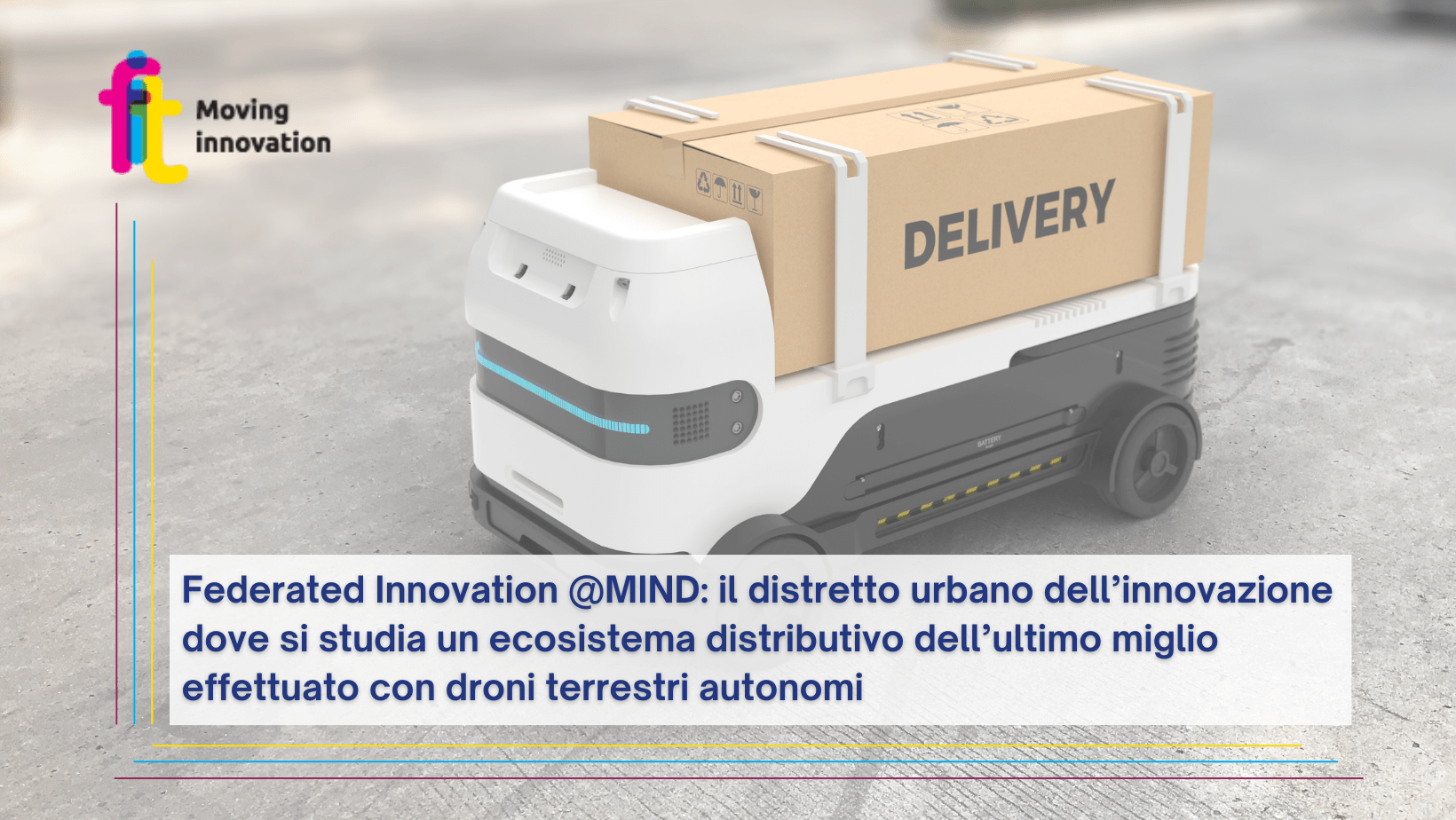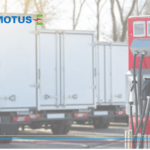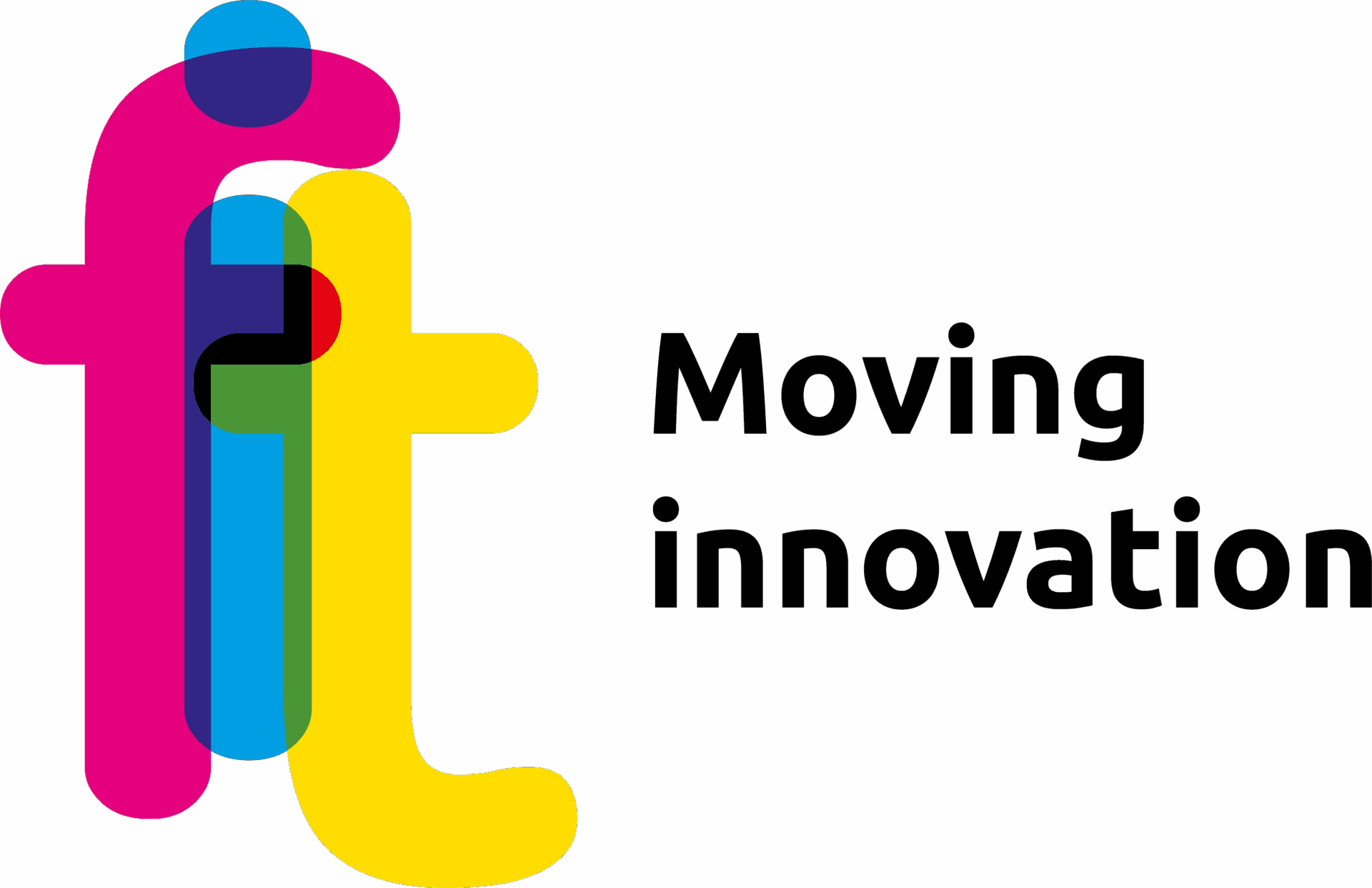Talking about innovative, collaborative cities in which mobility plays a crucial role for the well-being of citizens, in other words ‘cities of the future’, is possible in Italy thanks to Federated Innovation @MIND, a network of companies created in 2021 with the ambition of being an enabler of innovation and accelerating the translation of ideas into new products, processes and services in the Future of Health and City of the Future.
The MIND district is in fact an urban innovation district that is unique in Europe in terms of size and model, based on sustainability, space-inspired well-being, and integration between functions of use and with nature. In fact, the urban regeneration process of MIND – Milano Innovation District has the ambitious objective of generating a new opportunity for urban spaces, characterised by an articulated functional mix, high levels of accessibility and significant endowment of technology and innovation, capable of acting as a primary catalyst for territorial economic development for a successful positioning in the competitive context on a global scale.
In fact, the new urban district will consist of one of the most important international destinations for innovation; a laboratory in which to test and develop future models of contemporary living, a new polarity that will attract interest and investment from both national and foreign countries due to its international appeal, and will represent a strategic sphere of contamination – and thus inclusion and collaboration – between public and private, industry, institutions, research and education.
The areas involved
The area subject to urban regeneration is located in a hinge area between the urban fabric of Milan and the important north-west territorial quadrant that develops along the axis of Sempione, an area characterised by the presence of important mobility frameworks, both road and rail. Enhancing and integrating the infrastructural heritage left by theEXPO 2015 – fundamental asset of the area’s development plan – the first strategic objective of the Mobility Project is to ensure an articulated and effective ‘multiple geography’ framework of global, local and internal connections for a new city that is well integrated in its territorial context, physically and sociallyboth by reinforcing the relationship with the city of Milan, its metropolitan area and the most important regional development corridors, and by guaranteeing the necessary transversal reconnection with the closest urban areas, which are today segregated and strongly interlocked due to the presence of neuralgic infrastructural frameworks.
Mobility within the MIND District: sustainable and innovative
Coerentemente all’identità del distretto, il modello di mobilità interna che comprende pedestrianism, cycling, a multimodal offer of public and shared transport services, as well as the area of logistics and goods handling, gravitates around the principles of slow mobility, sustainable (specifically electric) and innovative, possibly driverless and high-tech, including management, control and information systems.
In addition to ensuring adequate levels of accessibility to all development areas of the district according to the location of strategic access nodes to the primary transport infrastructure and making the time distance between functions and infrastructure access points negligible, the key objective of the model is facilitate systematic ‘contamination’ between the different functionsthus guaranteeing exchanges and relations that will be able to develop especially along the Decumanus axis, a fundamental development asset and agent of change, a corridor of innovation called upon to link the different functions and offer a system of articulated and integrated public spaces.
This objective is also linked to the need to prefigure a mobility project that can guarantee, with numerable and quantitative evidence, effective transport compatibility and sustainability – and therefore environmental – during all phases of realisation and activation of the urban opportunities that make up the articulated functional mix of the district, the quality of the infrastructures and their flexibility to accommodate new future forms of mobility (infrastructural resilience), quality of public space, comfort and safety for all categories of users, according to theVision Zero’ or Vision Zero Risk approach.
The principles behind the project
As a summary of the complex framework of principles inspiring the MIND Mobility Project, the founding character of the Master Plan with regard to the dimensions of accessibility and mobility is based on 3 key concepts:
- Highly Accessible;
- Highly Walkable;
- Highly Mixed Land-Use.
The strong character of innovation that will characterise the district will therefore complement and further enhance the two strategic elements considered indispensable principles for guaranteeing the overall transport sustainability of the intervention: urban quality and effective use of all the urban opportunities generated by the district in relation to the entire spectrum of users.
FIT Consulting’s role
FIT Consulting developed on behalf of Federated Innovation @MIND the vision of a last-mile distribution ecosystem performed with autonomous ground drones from a value chain perspective, of the road regulation aspect (one of the biggest obstacles to the development of autonomous vehicle applications), of data sharing (with its present and future implications) and the circular economy (referring to environmental considerations).
The study, initiated within the framework of two of the eleven thematic areas of the project, Mobility & Logistics and Retail Tech, therefore set out to identify the opportunities in the field of autonomous driving in the last mile. The selection, which involved companies from all over the world, culminated in an event on ‘Autonomous driving and the last mile: regulatory context and technological opportunities’ held on 15 November 2022 and moderated by FIT Consulting President and Mobility & Logistics Federated Innovation @MIND Ambassador, Massimo Marciani.
The current regulatory landscape
A focus on the current regulatory landscape is, however, all the more necessary.
Although the Smart Road Decree has in fact introduced new rules for the testing of self-driving vehicles on public roads, the restrictions are still very restrictive. From 14 July 2022, however, changes to the Vienna Convention – the international agreement on traffic rules – came into force that will allow autonomous driving up to SAE level 3. Individual states, including Italy, will therefore have to adapt. The ultimate goal is to create a common international regulation covering all types of autonomous road and rail transport, maritime transport and drones, ensuring global interoperability. Italian experimentation of innovative systems was introduced by theArticle 36 of Decree No. 76/2020 which allows start-ups, companies, universities and research centres to experiment with an innovative mobility system for a defined period of time through a temporary derogation from existing regulations. This decree may therefore actually pave the way for experiments such as the one that will take place within the @MIND district.
Therefore, given the presence on the market of all the technologies necessary for the construction of a new value chain for last-mile deliveries in urban areas and considering the possible applications in the @MIND district, several use cases were identified that are not only responsive to the District’s innovation needs, but may also be significant for their scalability and thus their application on the road in major Italian cities.
Read also the article on the subject “The role of Urban Logistics and Last Mile Delivery robots in the city of the future” a cura di Massimo Marciani, Ambassador Mobility & Logistics Federated Innovation @MIND. Click here.
This contribution was written by Massimo Marciani ([email protected])








